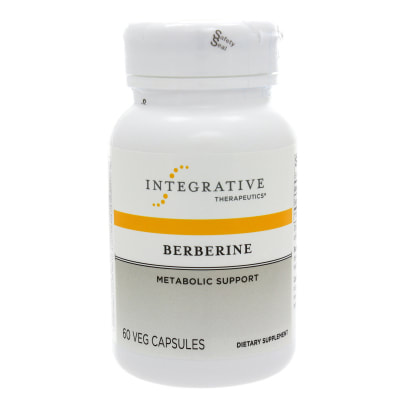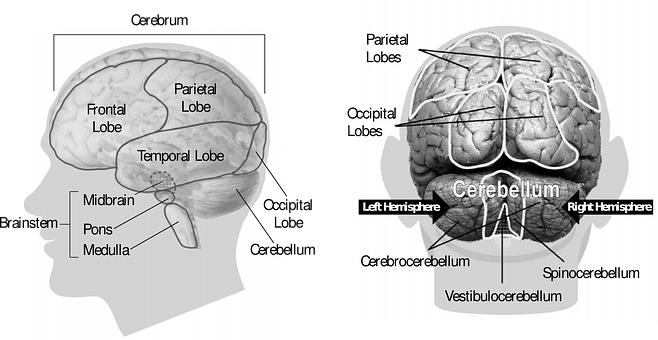|
Nootropic adaptogens enhance the “state of nonspecific resistance” to stress, a physiological condition linked with various disorders of the neuroendocrine-immune system. Adaptogens exhibit neuroprotective, anti-fatigue, antidepressive, anxiolytic, nootropic, and CNS-stimulating active properties. Notice nootropic effects. Nootropic specifically refers to the actions of the adaptogens that stimulate memory, learning, and overall cognition.
How does one “bio-hack” with nootropic adaptogens? Bio-hacking refers to hacking into the body’s neuro-immune system with those adaptogens known most for their nootropic effects. This creates a sharper memory, bigger brainpower, and maybe even a reversal of mild cognitive impairment or MCI, affecting over 20% of the population. Furthermore, chronic stress is known to compromise brain function in those already suffering from MCI and to be a risk factor for its development. About 284 million people suffer from anxiety disorders worldwide. Given the need for stress relief, scientists have begun studying adaptogens more acutely. Nootropics are of specific interest, given the need for sharper brain power and ammunition against MCI. Most Commonly Used Herbal Nootropic Adaptogens
The most widely studied effect of nootropic adaptogens has been their notorious stabilizing effect on the cortisol hormones, raising them or lowering them as needed. Since cortisol plays a vital role in cognition, keeping the levels regular is important in maintaining a good memory. Other than this effect, numerous other effects can be attributed to this class of plant medicinal, such as:
This is a very new field in conventional medicine, and studies on the use of these agents in the field of mental health are evolving. Ginseng, for example, has been recently proven to enhance cognition in Alzheimer’s disease. However, the widespread use of nootropics for general mental acuity has been utilized for centuries in both Chinese and Ayurvedic medicines. Theoretically, nootropics can prevent or reverse MCI. Since adaptogens also act as nootropics, using an adaptogen to facilitate optimal cognition or reverse MCI is a strategic approach to decreasing stress-related changes that facilitate MCI and optimize existing cognition. Conclusions may be that nootropics be regarded as a novel pharmacological category of anti-fatigue drugs that:
If you feel you need a cognitive bio-hack, choose one of the most commonly used nootropic adaptogens and, with the help of your clinician, design a mental health improvement plan. Dosages for each nootropic differ according to the herbal type (root, powder, tincture) and classification.
0 Comments
 Berberine Berberine These statements have not been evaluated by the Food and Drug Administration. These products are not intended to diagnose, treat, cure or prevent any disease. Berberine is a chemical found in several plants including the European barberry, goldenseal, goldthread, Oregon grape, philodendron, and tree turmeric and belongs to a class of compounds called alkaloids. It is said to have powerful effects similar to that of a pharmacological nature and has been used for centuries in Chinese medicine. It is just now coming of age in modern nutritional medicine in the treatment of diseases such as diabetes. How Does Berberine Work? Berberine is known to stimulate insulin secretion and to activate AMPK, an enzyme known to regulate cellular energy metabolism. Its primary actions are to:
Effectiveness of Berberine in Diabetic Patients: Berberine has been found to act in a similar manner as the commonly used diabetes drug Metformin. It is not clear whether metformin and berberine undertake all actions via the same mechanisms, or some via similar and other different mechanisms. While the severe adverse gastrointestinal side-effects that interfere with metformin compliance are generally absent in berberine treatment, treatment with both berberine and metformin (or other oral hypoglycemics) has been found to be superior in controlling glucose than either treatment alone. Dosage and treatment duration may vary with the patient’s age. Data suggests that berberine therapy becomes unremarkable in treatments lasting more than 90 days or in amounts greater than 2 grams. Further clinical studies of longer duration are needed in this area. The most effective dose is 500 mg three times a day. Because most anti-diabetic drugs cannot be used in patients with hepatic dysfunction, renal disease, and heart disease, this makes pharmacological therapy of type 2 diabetes complicated and the use of other nutraceuticals such as berberine more desirable. Current studies have reported the significance of berberine against oxidative stress and inflammation in cells, elaborating its vital role in diabetes mellitus. Generally, a decrease in blood glucose level by 20%–40% is reported in fasting patients treated with berberine alone, this effect resembles that of rosiglitazone and metformin treatment. Application: Preliminary research from both animal and human studies indicate that berberine therapy in dosages of 500 mg three times per day may be an advantageous treatment for diabetes type 2 either alone or in conjunction with other hypoglycemics for optimal blood sugar control with minimal adverse side-effects. The mechanisms of action of berberine mirror those of the common anti-diabetic drug metformin without the severe diarrhea side-effects that adversely affect medication compliance. Further long-term studies are needed on human subjects to identify exact mechanisms of action and duration of treatment best utilized for long term blood sugar control of diabetes. #berberine #AMPK #diabetes #blood sugar #type 2 diabetes #metformin These statements have not been evaluated by the Food and Drug Administration. This information is not intended to diagnose, treat, cure or prevent any disease. |
Author
|


 RSS Feed
RSS Feed